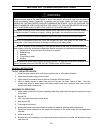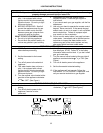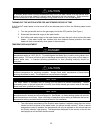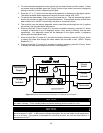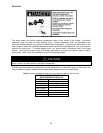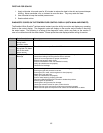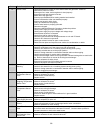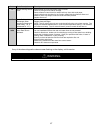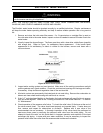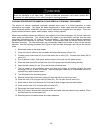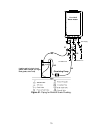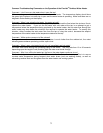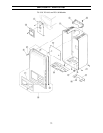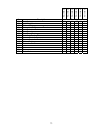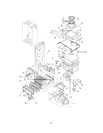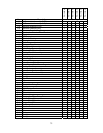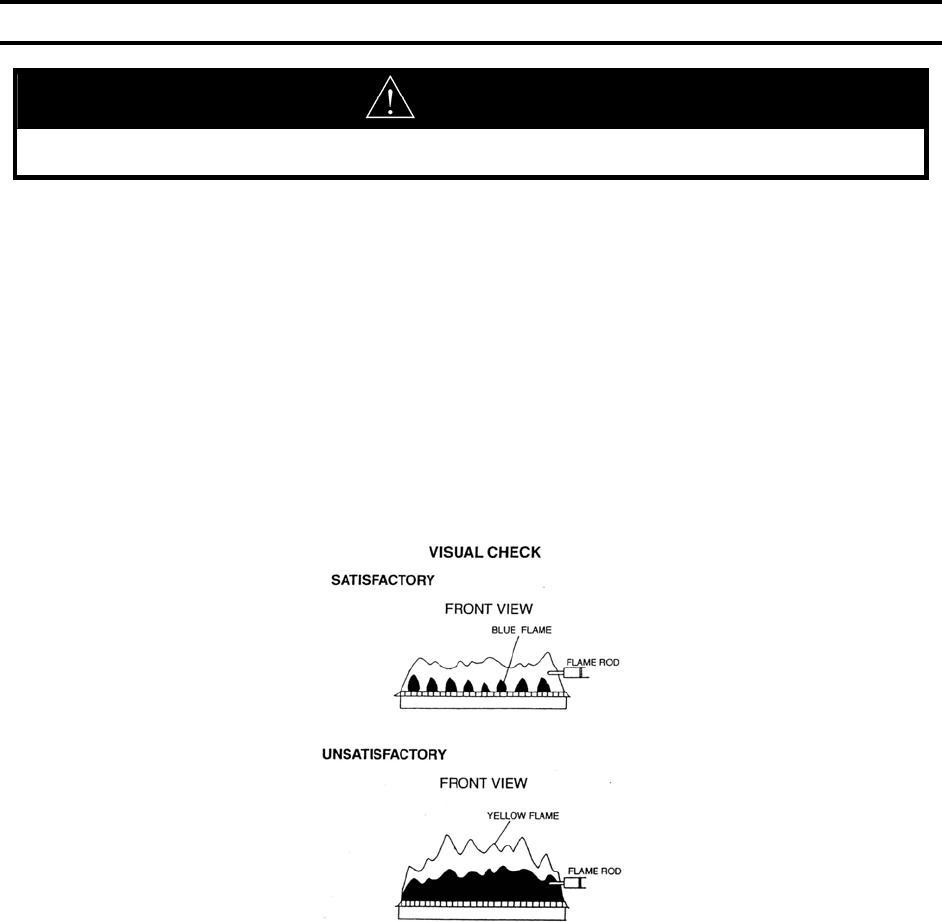
68
SECTION IX: MAINTENANCE
WARNING
Always turn off the electrical power supply, the manual gas valve, and the manual water control
valve whenever servicing this appliance.
KEEP THE WATER HEATER AREA CLEAR AND FREE FROM COMBUSTIBLE MATERIALS,
GASOLINE, AND OTHER FLAMMABLE VAPORS AND LIQUIDS.
The EverHot
water heater should be checked annually by a qualified technician. Regular maintenance
will keep the water heater operating efficiently and help to assure reliable operation and a long service
life.
1. Remove and clean the inlet water filter screen. If a Y-type strainer or cartridge filter is used on
the cold water inlet to the water heater, inspect or clean as needed to assure full water flow to the
water heater.
2. Visually inspect the burner flames. The flame must burn with a clear blue, stable flame (possibly
with orange tips). Refer to Figure for satisfactory flame appearance. If the burner flame
appearance is not satisfactory or debris is visible on the burners, remove and clean with a
vacuum cleaner.
Figure 50. Burner Flame Appearance.
3. Inspect entire venting system and vent terminal. Make sure all the venting connections are tight
and the gaskets are in good condition. Check the vent terminal openings for blockage and clean,
if necessary. Keep shrubs and vegetation clear of the vent terminal.
4. All electric motors are permanently lubricated and do not need oiling. Remove the combustion air
blower and clean wheel and housing with soft brush or vacuum.
5. If the “LC” code has been flashing on the display, the heat exchanger will need flushing to remove
lime and scale deposits. Refer to the “Flushing Procedure for Lime Scale Removal…” in Section
IX, “Maintenance.”
6. Check operation of the pressure relief valve. To check the relief valve, lift the lever at the end of
the valve several times. The valve should seat properly and operate freely. If water does not
flow, remove and inspect for obstructions or corrosion. Replace with a new valve of the
recommended size as necessary. A thorough inspection of the valve should be performed at
least every three years by removing the pressure relief valve from the outlet piping. Do not
attempt to repair the valve, as this could result in improper operation and explosion of the heat
exchanger and piping. In areas with poor water conditions, it may be necessary to inspect the
pressure relief valve more often than the recommended maintenance schedule.



